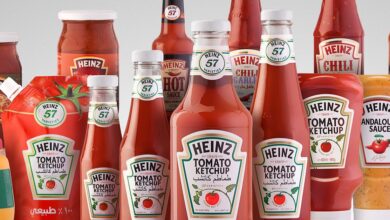The South African Breweries Details Its R920 Million Investment Into The Economy

The South African Breweries Details Its R920 Million Investment Into The Economy. The South African Breweries has announced that it is investing a further R920 Million Into the South African economy, which will make it reach a total investment commitment of R4. 5 billion.

SAB CEO Richard Rivett-Carnac said in a statement, “These investments will give us the capacity to not only contribute to the economy but also to be able to contribute to job creation, tax, excise and procurement spend.” Carnac says this new investment commitment will inevitably have an impact on jobs through direct and indirect employment – adding to the already 250 000 jobs sustained by the national beer sector. To add to the impact, he says this investment will enable SAB to continue transforming the industry by employing black suppliers such as HTP and Isanti glass.
Carnac continued to say, “The Budget delivered by the Minister of Finance in February ensured that economic recovery was prioritized by keeping the beer excise adjustment closer to inflation. This has provided us with the financial space to grow the beer category responsibly and aid our government in our collective mission towards economic recovery and growth”. The aim of this new investment commitment is to inevitably have an impact on jobs through direct and indirect employment – adding to the already 250 000 jobs sustained by the national beer sector. To add to the impact, this investment will enable SAB to continue transforming the industry by employing black suppliers such as HTP and Isanti glass.
South Africa has been home to The South African Breweries (SAB) since the company’s humble beginnings over a century ago in the midst of Johannesburg’s pioneering days of the gold rush. Its history can be traced back to Charles Glass and the Castle Brewery that he started in 1888. Glass insisted that his brewery sell only the finest beers, which were highly sought-after by the 200 pubs that had sprung up in the city at the time.



